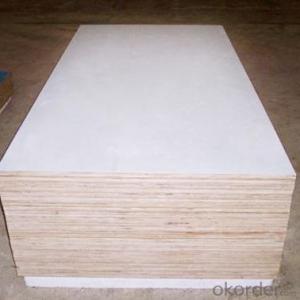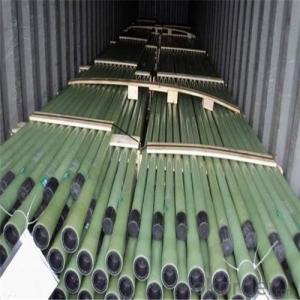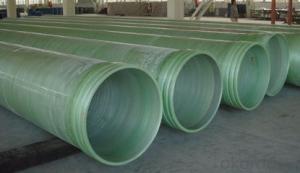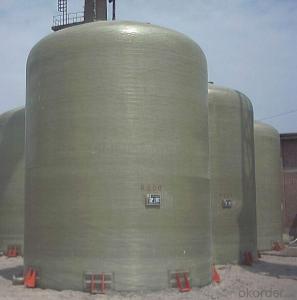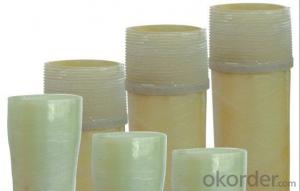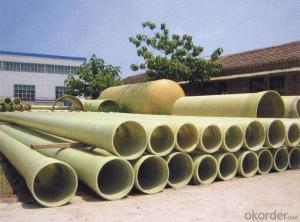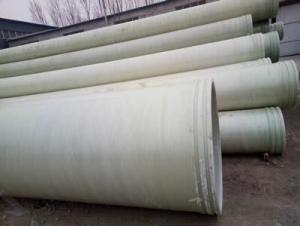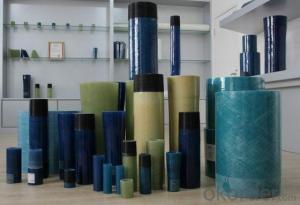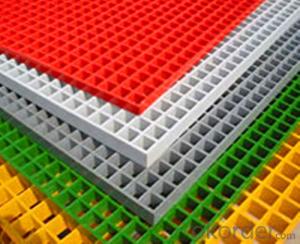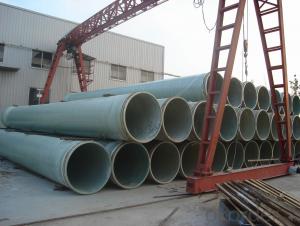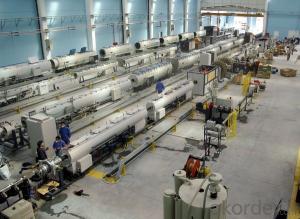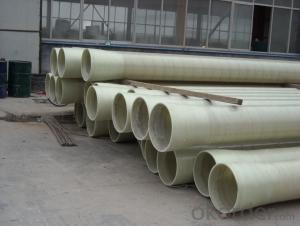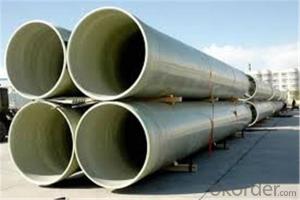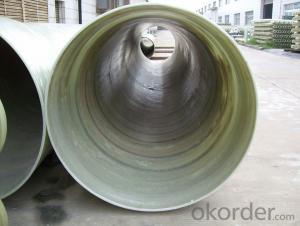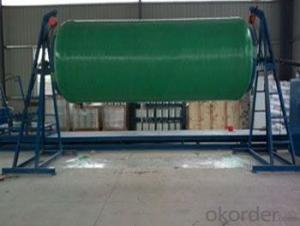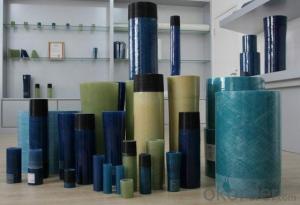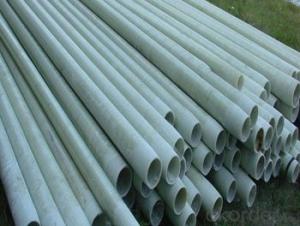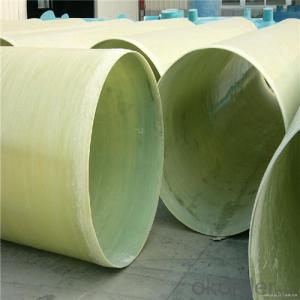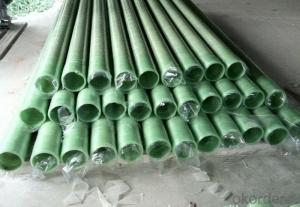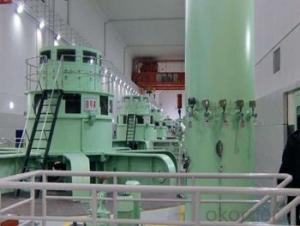All Categories
- - Steel Wire Rod
- - Steel Coils
- - Steel Profiles
- - Steel Pipes
- - Stainless Steel
- - Tinplate
- - Special Steel
- - Steel Sheets
- - Steel Rebars
- - Steel Strips
- - Hot Rolled Steel
- - Cold Rolled Steel
- - Pre-painted Steel
- - Seamless Steel Pipe
- - Welded Steel Pipe
- - Hollow Steel Tubes
- - Galvanized Pipe
- - Stainless Steel Coil
- - Stainless Steel Sheet
- - Stainless Steel Plate
- - Stainless Steel Strips
- - Electrolytic Tinplate Coil
- - Electrolytic Tinplate Sheet
- - Stainless Steel Rebars
- - Solar Panels
- - Solar Water Heater
- - Solar Related Products
- - Solar Inverter
- - Solar Cells
- - Solar Light
- - Solar Energy Systems
- - Solar Controllers
- - Solar Mounting System
- - Solar Pump
- - Solar Chargers
- - Fiberglass Chopped Strand
- - Fiberglass Mesh Cloth
- - Composite Pipes
- - FRP Pultrusion Profiles
- - Fiberglass Mat Tissue
- - Fiberglass Fabrics
- - Fiberglass Mesh
- - Composite Tank
- - Fiberglass Mesh tape
- - Polymer
- - FRP Roofing Panel
- - Fiberglass Roving
- - Monolithic Refractories
- - Ceramic Fiber Products
- - Refractory Bricks
- - Raw Materials For Refractory
- - Suspended Platform
- - Cranes
- - Concrete Machinery
- - Earthmoving Machinery
- - Building Hoist
- - Road Building Machinery
- - Plastic Pipe Fittings
- - Plastic Tubes
- - Plastic Sheets
- - Agricultural Plastic Products
- - Plastic Nets
 All Categories
All Categories
Q & A
How do composite pipes handle seismic activity?
Composite pipes are designed to withstand seismic activity due to their inherent flexibility and strength. The materials used in composite pipes, such as fiberglass, carbon fiber, or reinforced plastic, have high tensile strength and are resistant to cracking or breakage during seismic events. Additionally, composite pipes have superior corrosion resistance, reducing the risk of leaks or failures caused by seismic-induced ground movements. Overall, composite pipes are an excellent choice for areas prone to seismic activity, as they can effectively handle the stress and vibrations caused by earthquakes.
How do composite pipes perform in high-pressure gas flow?
Composite pipes perform well in high-pressure gas flow due to their high strength and stiffness. The materials used in composite pipes, such as fiber-reinforced polymers, provide excellent resistance to pressure and can withstand the forces exerted by high-pressure gas flow without deformation or failure. Additionally, composite pipes have a smooth internal surface, reducing friction and enhancing the efficiency of gas flow.
Are composite pipes suitable for marine applications?
Yes, composite pipes are suitable for marine applications. They offer excellent resistance to corrosion, high strength-to-weight ratio, and durability, making them ideal for marine environments where traditional metal pipes may deteriorate due to saltwater exposure. Composite pipes also provide better insulation, reducing energy loss and protecting against heat transfer. Additionally, they are easier to install, require less maintenance, and have a longer lifespan, making them a reliable choice for various marine applications such as offshore oil and gas, shipbuilding, and desalination plants.
Can composite pipes be used for hydronic heating systems?
Yes, composite pipes can be used for hydronic heating systems. Composite pipes, made from a combination of materials such as plastic and metal, offer several advantages for hydronic heating, including corrosion resistance, durability, and flexibility. They are also lightweight, easy to install, and have good thermal conductivity. Overall, composite pipes provide a reliable and efficient solution for hydronic heating systems.
Wholesale Composite Pipes from supplier in Iran
Our team of experts is highly knowledgeable about Composite Pipes and can provide you with the necessary technical guidance and assistance to ensure that you select the right products for your specific requirements. We offer competitive pricing and strive to deliver your orders promptly and efficiently.
With our affiliation with CNBM, we have access to a vast network of suppliers and manufacturers, allowing us to offer a wide range of Composite Pipes options to suit various applications. Whether you need pipes for industrial, commercial, or residential projects, we have the resources and expertise to fulfill your needs.
We understand the importance of reliable and durable products, especially in industries such as oil and gas, water treatment, and infrastructure. That is why we only work with trusted manufacturers who meet stringent quality standards. Our Composite Pipes are made from high-quality materials, ensuring their longevity and performance.
In addition to our product offerings, we also provide comprehensive after-sales support, including installation guidance, maintenance tips, and troubleshooting assistance. Our goal is to ensure that you have a seamless experience from the initial inquiry to the completion of your project.
At our company, customer satisfaction is our top priority. We strive to build long-term relationships with our clients by consistently delivering exceptional products and services. Whether you have a small-scale project or a large-scale venture, we are committed to meeting your needs and exceeding your expectations.
Contact us today to discuss your Composite Pipes requirements in Iran. Let us be your trusted partner for all your piping needs.
With our affiliation with CNBM, we have access to a vast network of suppliers and manufacturers, allowing us to offer a wide range of Composite Pipes options to suit various applications. Whether you need pipes for industrial, commercial, or residential projects, we have the resources and expertise to fulfill your needs.
We understand the importance of reliable and durable products, especially in industries such as oil and gas, water treatment, and infrastructure. That is why we only work with trusted manufacturers who meet stringent quality standards. Our Composite Pipes are made from high-quality materials, ensuring their longevity and performance.
In addition to our product offerings, we also provide comprehensive after-sales support, including installation guidance, maintenance tips, and troubleshooting assistance. Our goal is to ensure that you have a seamless experience from the initial inquiry to the completion of your project.
At our company, customer satisfaction is our top priority. We strive to build long-term relationships with our clients by consistently delivering exceptional products and services. Whether you have a small-scale project or a large-scale venture, we are committed to meeting your needs and exceeding your expectations.
Contact us today to discuss your Composite Pipes requirements in Iran. Let us be your trusted partner for all your piping needs.
